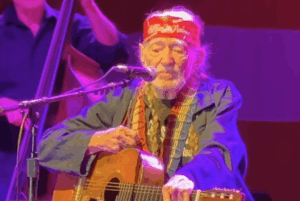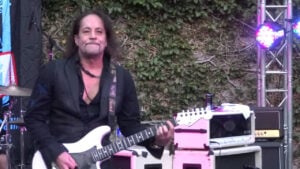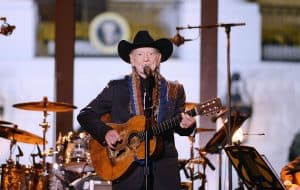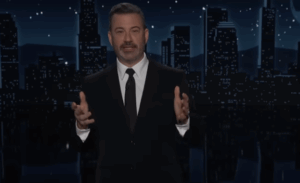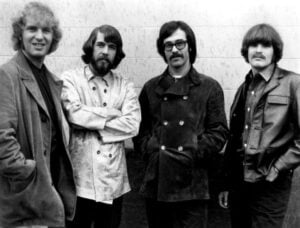John Lennon Used Frank Zappa’s Song… But Did He Cross the Line?
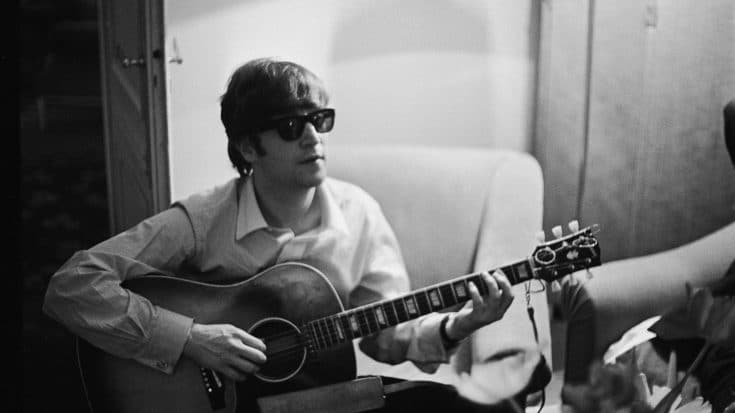
John Lennon (1940 - 1980) of the Beatles plays the guitar in a hotel room in Paris, 16th January 1964. (Photo by Harry Benson/Express/Hulton Archive/Getty Images)
Back in the golden days of rock, the Fillmore East in New York City was the place to be. Known as the “Church of Rock ‘n’ Roll,” it hosted music royalty like The Who, Led Zeppelin, Jimi Hendrix, and The Allman Brothers Band. But on June 6, 1971, something rare and unforgettable happened: John Lennon, Yoko Ono, and Frank Zappa all took the stage together for one wild, impromptu performance.
Zappa and his band, The Mothers of Invention, were wrapping up their set when Lennon and Ono jumped in for the encore. The group jammed through four tracks: “Scumbag,” “Aaawk,” “Well (Baby Please Don’t Go),” and Zappa’s own piece, “King Kong.” The moment was historic—not just because of the unlikely pairing, but because it was the first and only time Lennon and Zappa ever performed together. The live recordings later showed up on Lennon’s 1972 album, Some Time in New York City.
Behind the Scenes: Credit Gets Complicated
What seemed like a spontaneous, good-faith collaboration quickly turned sour behind the scenes. Lennon and Zappa had agreed they could both release their own mixes of the performance. But Zappa wasn’t expecting what came next.
In a 1984 interview, Zappa revealed that Lennon’s team renamed his original song King Kong to Jamrag, claimed writing and publishing rights, and cut him out entirely.
“After they had sat in with us, an arrangement was made that we would both have access to the tapes. He wanted to release it with his mix, and I had the right to release it with my mix—so that’s how that one section came about,” Zappa explained.
Then he added:
“The bad part is, there’s a song that I wrote called King Kong which we played that night, and I don’t know whether it was Yoko’s idea or John’s idea, but they changed the name of the song to Jamrag, gave themselves writing and publishing credit on it, stuck it on an album and never paid me. It was obviously not a jam session song: It’s got a melody, it’s got a bass line; it’s obviously an organized song. Little bit disappointing.”
No Hit, No Credit, No Payday
Lennon’s album didn’t exactly set the charts on fire. Some Time in New York City peaked at No. 48 on the Billboard 200 and never produced a hit single—Zappa’s track included. Still, the situation stung. While the performance itself was electric, Zappa ended up with neither royalties nor proper credit for a song he wrote and performed.
In the end, one of Fillmore East’s final shows turned into a rock ‘n’ roll collector’s item—and a cautionary tale about how even music legends can clash when it comes to credit and creative ownership.







